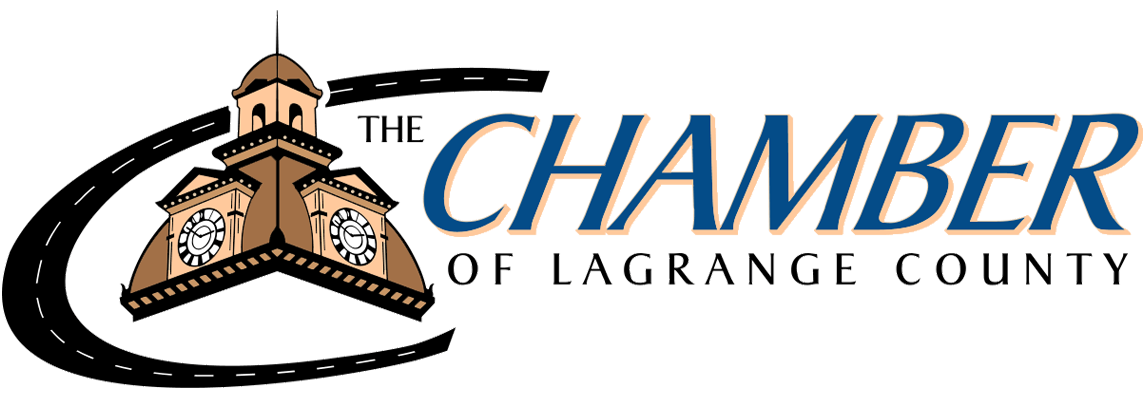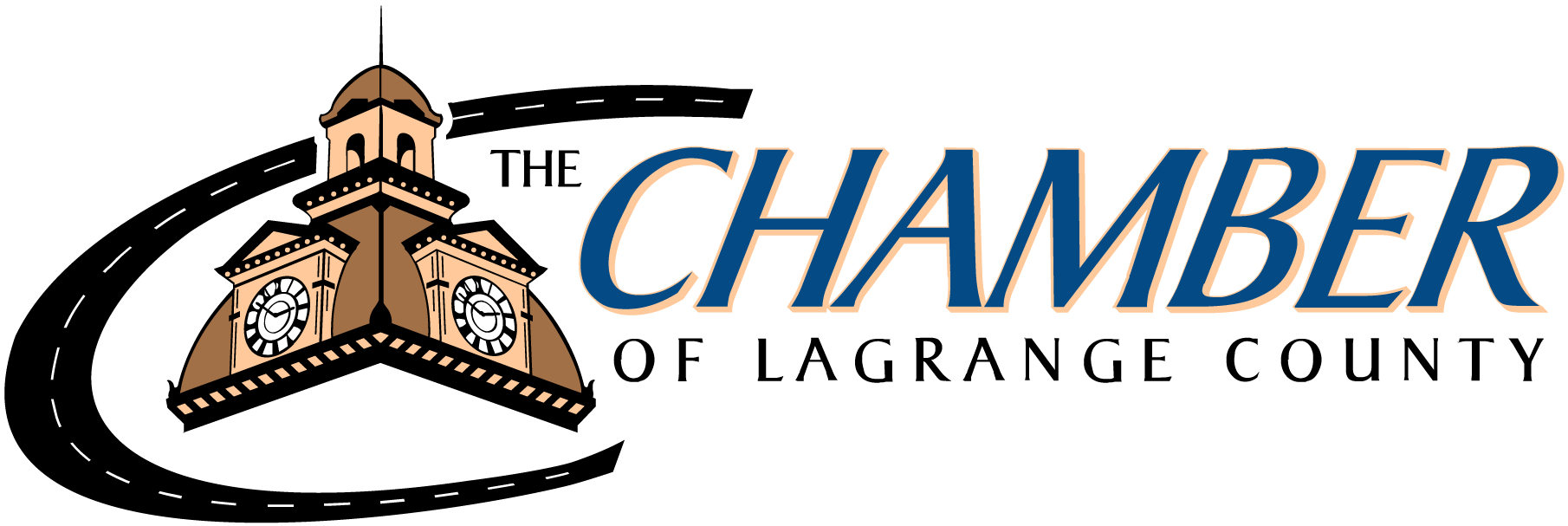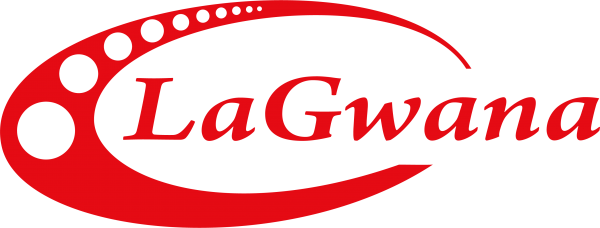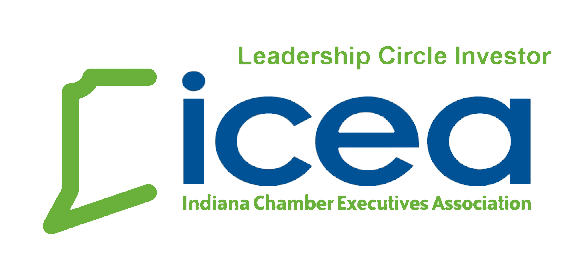Coffee with the County - They Don’t Know What They Don’t Know
“They don’t know what they don’t know.” Our world is buzzing with information. In the last 20 years, the consumption of information has increased tremendously. The birth of the internet and online content has only exacerbated this, and the generation of artificial intelligence will only multiply it more. The problem is, even with more information at our fingertips than ever before, we as Americans still have a tendency to walk around uneducated, or dare I say, ignorant.
It comes down to my opening statement. We don’t know what we don’t know. If we haven’t had the opportunity to learn it, or haven’t taken the time to understand it, we’ll walk in a dark tunnel of uncertainty. The danger comes when that uncertainty clashes with an open, tameless tongue.
In an almost entirely online world of news, updates, shares, and content, it is more important than ever to know the facts, and educate ourselves. Even more so, it is invaluable to use our voices to share that truth with others. That’s the definition of advocacy.
Every year, our Indiana General Assembly–state elected Representatives and Senators–gather at the Statehouse in Indianapolis to commence the annual legislative session. In “short” sessions (which happen in years ending with an odd number), the session is abbreviated and is not required to write a bi-annual budget. In the “long” sessions (happening in years ending with an even number), not only is policy pushed forward, but the bi-annual budget is drafted.
I’ve become growingly amazed at how elected officials–Hoosier citizens just like you and me–are capable of ingesting the seemingly insurmountable amounts of proposed bills that go through each session. I mean, the number of bills totals hundreds, and the pages of each bill can equal much the same. It’s a lot of reading and understanding! If there’s any takeaway I have from learning about this process, it’s this: This year, I heard a new legislator say that they weren’t aware of a bill being pushed through session. Why? It wasn’t because this legislator was disengaged. No, it was because of the difficult task he is given to keep up with the pace of the session and content of the proposed bills. It was overwhelming and nearly impossible to know about every issue, every initiative, and every bill being advocated for.
Why do I make this point? Because advocacy matters. Our legislators are human beings. They work diligently, both during session and after, to understand, learn, and engage with issues affecting their districts. But it’s impossible for them to know everything. Our local, small town voices matter.
What does advocacy mean? It can be as simple as researching a particular topic or issue you’re passionate about, and then sharing it with your legislator. It can be as involved as leading a coalition or nonprofit group to achieve policy wins which advance your organization’s mission. In the end, it means getting involved and using your voice.
But what really happens when we use our voices on the statewide level? Why does advocacy matter for small towns? Allow me to share a few reasons why it’s important.
- If we don’t speak up, someone else will–and oftentimes, it’s on behalf of urban interests. Policy is shaped by who shows up. When our LaGrange County leaders, business owners, and residents stay silent, lawmakers may assume that our silence means things are fine. The truth is, our needs are different, and if we don’t help others understand that, nothing positive will come.
- Lived experience from small towns brings balance to statewide decisions. Decisions on things like childcare, healthcare, infrastructure, broadband, and housing must have rural input included in order to reflect the true needs of the Hoosier state. Local voices ensure that the policy makes sense in the rural context.
- It shows policymakers that we’re paying attention–and that we vote. Rural communities carry political weight when unified and engaged. Policymakers will listen when we are informed, involved, and engaged. And, advocacy builds political capital for our county–making it more likely that we’ll be included in future state funding or pilot programs in the future.
- We get a seat at the table instead of being on the menu. There’s a saying in advocacy, and it’s this–”If you’re not at the table, you’re on the menu.” That’s especially true in budget years. Local advocacy ensures that we’re part of the planning, not just recipients of decisions made in Indianapolis.
- It builds future readiness and local leadership. Advocacy helps develop confident local leads–those who can speak to issues, testify before committees, or mobilize others. That’s a long-term asset for LaGrange County.
You see me talking about advocacy a lot. As the Chamber of Commerce, we believe we are the collective voice for business in LaGrange County, and in order to achieve that end, it will take not just the Chamber staff beating this drum. In reality, if we want to see positive change in LaGrange County, it will take local leaders, business owners, the non-profit sector, and individual residents to link arms and raise a battle cry in the name of the future of LaGrange County. Advocacy isn’t just politics. (Read that line again.) It’s protecting our way of life, and pushing for policy that lifts up places like LaGrange County across the entire state of Indiana. The General Assembly doesn’t know what small towns need unless we tell them. And when we tell them, we’ll see results.
The 2026 Legislative Session is just around the corner. Get to know more about our LaGrange County elected officials by using the information below.
Tony Isa – Indiana Representative, House District 51, LaGrange & Steuben County
● Business Owner in Angola and Real Estate Agent in the greater Northeast Indiana region
● 317-232-9736
● H51@iga.in.gov
Sue Glick – Indiana Senator, Senate District 13, LaGrange, Steuben, Noble, and Dekalb Counties
● Attorney and Private Firm/Business Owner in LaGrange
● 317-232-9400
● susan.glick@iga.in.gov







